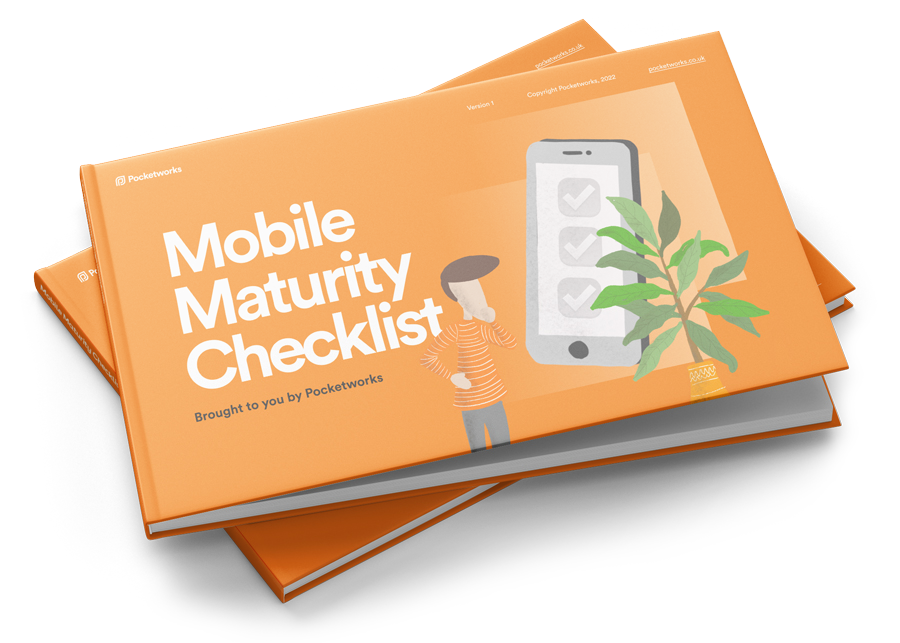It has been a while since we attended a Taxi Summit, and though we couldn’t be there in person, we wanted to make sure we got the inside track on how the taxi industry has coped during the pandemic and how it plans to fight back. Below is a summary of our thoughts and learnings from the summit, which was really great and informative.
A virtual gathering of over 640 taxi industry specialists
Organised and hosted by Dotted, this year's was a virtual event, of course. All the participants, speakers, and attendees did an amazing job making it feel like we were close together, despite being remote and miles apart.
In particular, Azmat Sherwani, the CEO of Dotted, did a fantastic job, and his passion for the industry was plain to see, plus his hosting skills were awesome. As an ex-member of the Autocab team, he knows the industry inside out, and for that reason, the first thing on the agenda was the acquisition of Autocab by Uber that was announced last August.
The controversial Uber Autocab acquisition
The sale has been announced as a done deal. However, it is now being investigated by the Competition and Markets Authority with a deadline of this month for their decision. It was actually Azmat himself that started the movement that got them involved. But why might you ask? The simple answer is if the CMA disagreed that the sale can be catastrophic, they would not have even considered looking into it.
So what happens if the deal is allowed to proceed?
The acquisition's premise is this; Autocab has penetration in many, many cities and towns that Uber doesn't. If the sale goes through, anyone with the Uber app can book in any of those places. Sounds great, right? Potentially yes for users in the medium term, merging a leading taxi dispatch system and the world's biggest ride-hailing business would create one hell of a monopoly. Then think about each firm's data, data is the very lifeblood of their businesses, and it would then become Ubers, and though we can only surmise, what will happen at the end of the contract with the Autocab firms?
If nothing else, it's a risk.
The panel's feedback was that this would not be great at all as each firm's ultimate value will be degraded, and non-beneficial terms will come into play. Suddenly the grass will no longer be greener, and it will be too late to get back to Kansas. Our gut tells us such negativity will only filter down to users in the end. We will be keeping a close eye on this and will update our post when we know more.
Azmat’s belief in what to expect
Unfortunately, Autocab declined to take part in the summit and discussion, but here are some words from Azmat himself:
On Monday the taxi industry will change and will never be the same again.The significance of this day is monumental.
The CMA will either conclude that the Uber Autocab merger does not give rise to serious concerns and clear the merger, or it will conclude that there is a serious prospect of the merger substantially lessening competition and go to stage two, or as it is better known... “the shit will hit the fan"
I know all bets are on it being approved, because who are we to take on the might of silicon valley?
However, I have seen firsthand the work and effort the opposition has put into our campaign and what's being submitted behind the scenes.
I love an underdog and no prizes for guessing which way I feel it's going.
If it gets approved Autocab fleets will need to decide if they want to stick around and work with Uber. If it goes to stage two then Uber will have a big decision on its hands to see it through or not.
Doesn't matter if you are for or against, strap in people as it's about to get really bumpy!
The Future of Taxi
Following on from the above, the next discussion was around the future of taxi as we recover from the pandemic, with technology such as autonomous vehicles also moving at pace in the background.
One key message, which also follows nicely from the above, is that there will always be a need for traditional taxi firms. Localism or hyper-local is so important, such as answering the phone to customers with decades worth of local knowledge ingrained in the business from top to bottom. Whatever happens with Uber and Autocab, this will not go away and is one of the very reasons that both Veezu and the Take Me Group retain the brand and identity of each firm they acquire whilst building their super-fleets.
The bounceback has started and will continue at pace
In terms of recovery from the pandemic, the panel provided a fantastic insight into their thoughts on this, and this is what we learned:
- Once lockdown is eased, we could see an immediate upturn of as much as 150% of what was “normal” pre the pandemic
- This will drop down again, though, once the euphoria of being allowed out of prison, so to speak, has subsided
- The industry may well take 18-24 months to be back up fully to the same service levels as they were before the lockdown’s
- Mobility will come back to trend. However, it will be more diversified, for example:
- It is likely to decrease in major cities but an increase in secondary cities and towns
- Much more UK based corporate travel
- Surveys show families have reduced the number of cars they own, meaning more taxi based commuting.
- However, it must be noted that a potential threat is many drivers left the industry over the last 12 months, and a surveyed cohort suggested they did not intend to return.
What steps should firms be taking right now?
What was made very clear is firms need to be prepared. If they are not, then their competitors certainly will be. To offer guidance on this, Andy Pennock, COO of Veezu, gave his thoughts:
- Find the right market to build back up and target it
- Find inefficiencies and work on improving them
- Automate wherever possible
- Think about adding small products that, when working together, make a big impact, such as:
- Airpay so drivers can take card payments without card terminals or even have to know customers have used a card to complete their booking.
- Rushpay so drivers get paid their commission any day of the week, almost instantly.
- Taxi Solution’s Review Master to improve Google Reviews these are still so important in the industry.
Electric Engines on the rise, but don’t expect to get in a driverless taxi anytime soon.
Of course, there are much bigger changes being touted in the form of autonomous vehicles and a larger spread of electric engines, and on these subjects, the panel felt:
- Electric could account for at least 50% of all UK taxis in the next five years.
- They are the trend, and as momentum grows, they will get cheaper and carry better batteries, benefits, etc.
- Surprisingly major manufacturers can’t keep up with Tesla on the quality of their batteries, but it won't be long before they do
- Hydrogen-powered engines could actually begin to have an impact as another option too.
- Autonomous, driverless vehicles are still a long way off, at least 2030 but probably even longer before they arrive in major cities.
- The most likely introduction would be an airport shuttle bus on a dedicated lane used only for that purpose.
- It was felt Uber would have no stranglehold over autonomous journeys when they do come into play.
In Conclusion
It has, of course, been a crazy year, and this week marks the first anniversary of Lockdown 1.0, starting ironically. The industry has in the main pulled together, the majority have survived, and this post only highlights some of the ways it has done so and will continue to do so.
Collaboration between fleets and technology partners is bringing change. We are all stronger together. I, for one, am excited about seeing the industry we had worked so closely in since 2012 be back to the levels it was before we had ever heard of Coronavirus and beyond.

